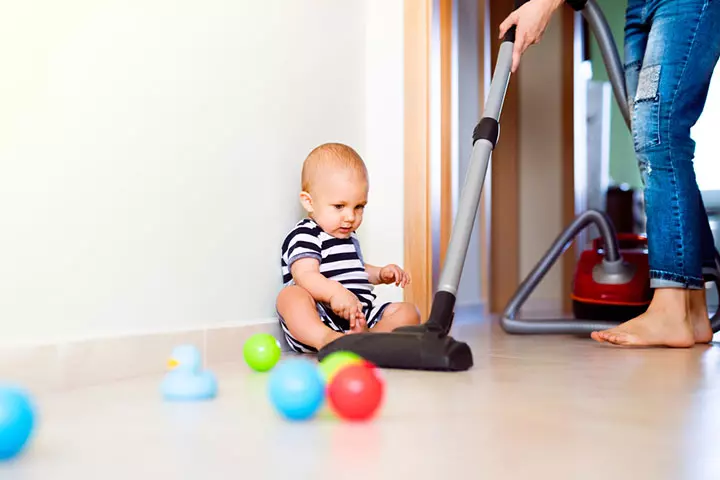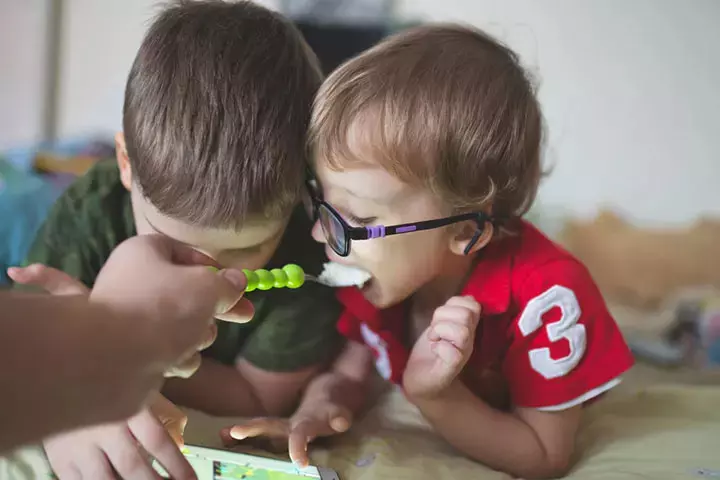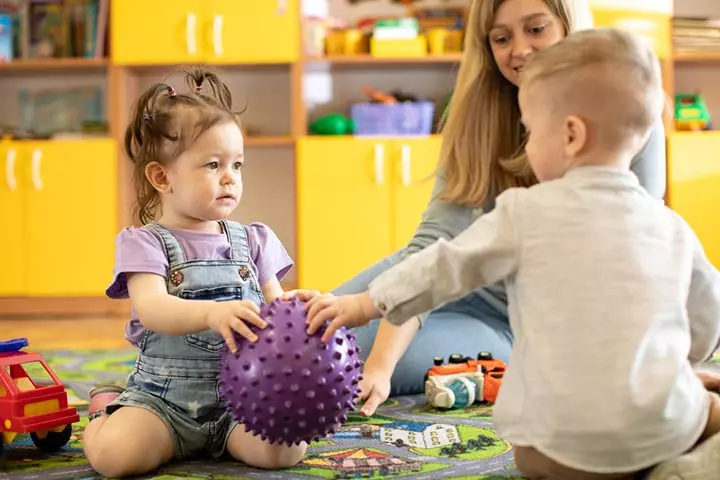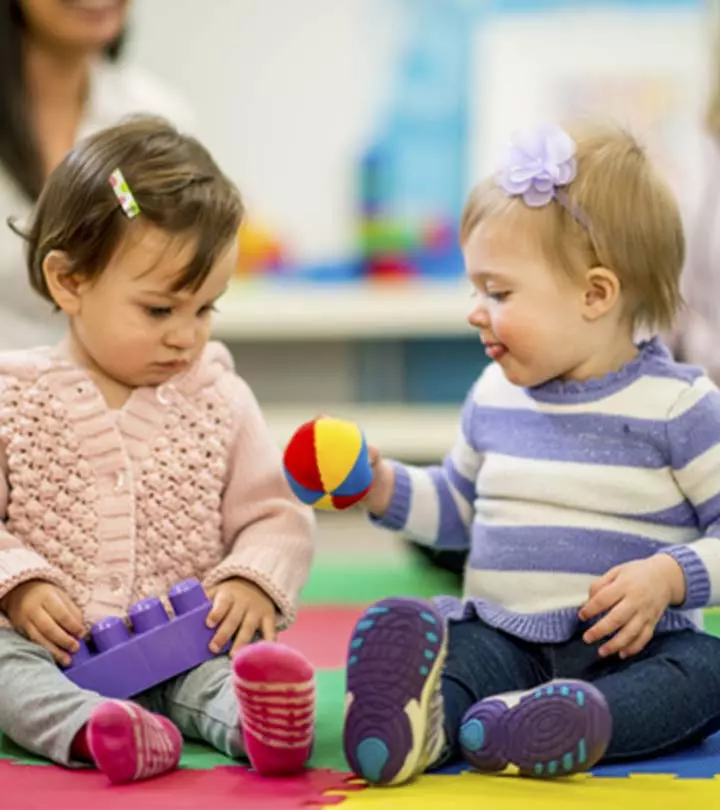

Image: Shutterstock
Children learn a lot from their parents. Right from taking their baby steps to how they eat or interact with others. And with every milestone, the bond of trust between parents and children also gets stronger. They know for sure that with their parents around, no one and nothing can harm them. However, parents might not always be aware of some of their actions inadvertently hurting their children. Here are 9 such situations where parents might be hurting their little ones without even realizing it:

1. Tickling Their Children
Image: Shutterstock
Who doesn’t like to see their children laugh? Tickling is often the easiest way to make them laugh. However, according to research from the University of California, tickling does not trigger the same emotion of happiness as a joke does when someone laughs. In reality, laughing due to tickling can be a result of a reflex action (1). Even an adult reacts to tickling the same way. However, kids are often overpowered by adults (including parents) and are forced to laugh even if they don’t like it.
2. Placing Toys In Baby’s Bed
Image: Shutterstock
Parents wish to keep their baby cozy and comfortable. To do so, at times, they might crowd their baby’s cradle or crib with stuffed toys or fluffy pillows. However, such things can interfere with the baby’s breathing if their face or nose presses against them, thus proving fatal. Parents need to realize that their baby only needs a firm mattress and a thin sheet to sleep safely (2).
3. Shaking The Baby Vigorously
Image: Shutterstock
Nearly all parents experience a situation where their baby might stay up crying despite hours of cradling in their arms. It is possible that we might rock them too hard, mindlessly, either because we drift off into thoughts or because we are exhausted. Experts warn us about this because Shaken Baby Syndrome is a real trauma resulting from vigorous shaking inflicted upon a baby (3). Of course, no parent would deliberately do such a thing, but be careful while holding your delicate little one in your arms.
4. Keeping An Extremely Sterile Environment
Image: Shutterstock
Agreed, cleanliness is important. But some parents take it to an extreme level by cleaning the house more frequently and keeping their babies away from all sorts of dirt. The result – children who are used to such a sterile environment end up with more allergies. On the contrary, the earlier kids are exposed to allergens, the faster their immunity develops (4).
5. Walking Them On Flat Surfaces
Image: Shutterstock
Now, what’s wrong with that you might ask? The fact is that the bones and joints in human feet are not fixed in a permanent position. This allows the feet to adjust to surface irregularities while walking. When you make your baby walk on flat surfaces, your baby’s feet are deprived of normal muscle, nerve, and skeletal development (5).
6. Making Them Finish The Entire Meal On The Plate
Image: Shutterstock
Remember the time when our parents asked us to finish all the vegetables or food served on our plate? Turns out, it is a bad habit. Forcing your child to eat something can turn into a power struggle, and chances are your child will start associating food as an unpleasant experience as they grow up (6). You can, of course, give your child small portions of food at frequent intervals or whenever they feel hungry.
7. Spoon-Feeding Them
Image: Shutterstock
According to Amy Brown, an associate professor of child public health, Swansea University, children who already know to hold the spoon shouldn’t be helped with eating. They may be unable to tell when they are full and end up overeating. When children eat by themselves at their own pace, they learn to appreciate the food’s taste and thus develop the right attitude toward food (6).
Image: Shutterstock
Sharing is caring. However, if you make children share against their wishes ALL THE TIME, you are indirectly conditioning them to put other people’s happiness over their wishes. In the future, such children will grow up with issues like being unable to say ‘no’ or take a stand for themselves (7). We are all for children growing up with a strong sense of community, but not at the expense of their autonomy and sense of self.
9. Forcing Them To Be Extremely Polite
Image: Shutterstock
Parents often teach their children to be polite and obedient toward everyone, including strangers. But there’s a flip side to it too. In a social experiment done to study abductions, 15 out of 17 children walked away with strangers (volunteers) who intended to abduct them. All because they were polite to them and offered help or candies (8). While teaching good behavior, it’s also important for parents to teach their children the difference between what’s safe and harmful to them.
We hope you found our article helpful. If you tend to indulge in some of the behaviors mentioned above, know that there are better ways to deal with your children without compromising on raising them as kind, strong, and responsible humans.
Community Experiences
Join the conversation and become a part of our nurturing community! Share your stories, experiences, and insights to connect with fellow parents.






















